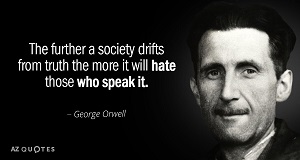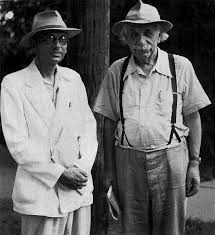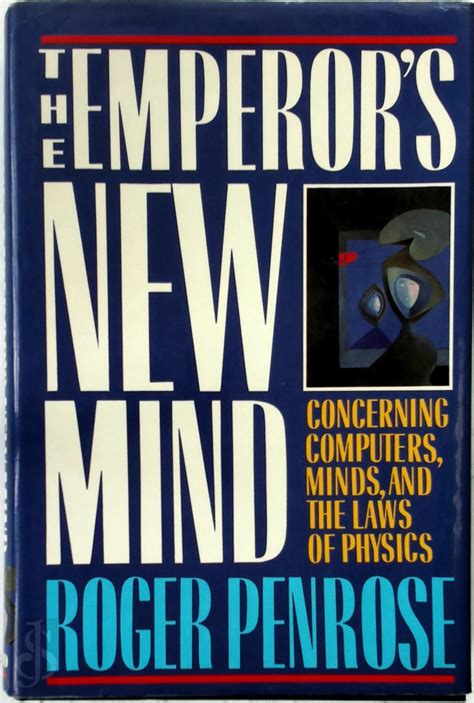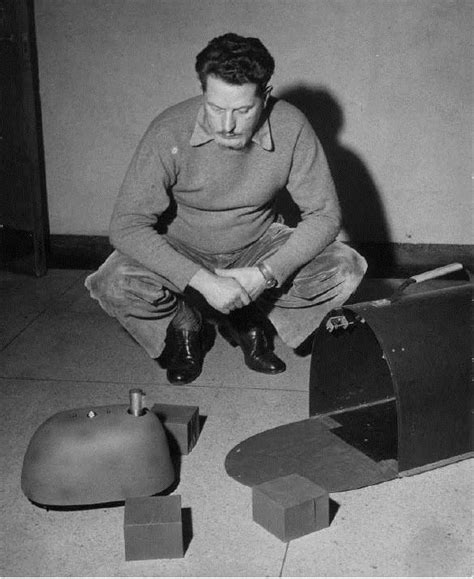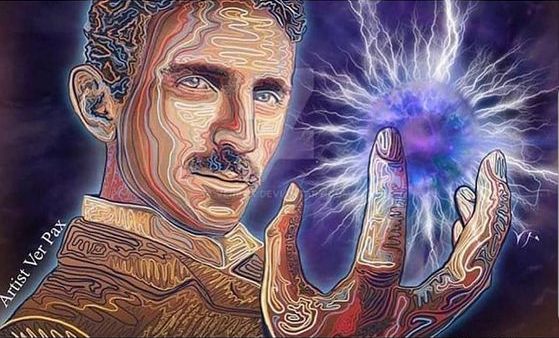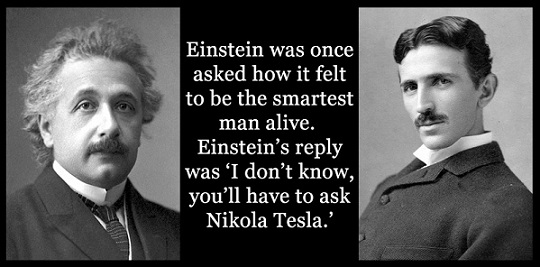|
home | what's new | other sites | contact | about |
||||||||
|
Word Gems exploring self-realization, sacred personhood, and full humanity
Consciousness
return to "Consciousness" main-page
Not long ago Dr. Rupert Sheldrake, Cambridge biologist, participated in a science debate, found on youtube, with two other credentialed and well-known speakers. I’d rather not offer a link to the debate, for, even though it’s now of public record, one of the materialist scientists displayed such bad character, such cause for personal embarrassment, that I would take no pleasure in highlighting the intemperance. Rupert was making a comment on some aspect of his consciousness-based research. The other debater retorted with, to the effect, “Do you have evidence of this?” Rupert answered affirmatively, stating that it had been published in peer-reviewed journals. But what happened next caused Rupert to laugh, and the audience to reel with stunned disbelief and amusement. The materialist scientist cut short Rupert’s statement with: 'I don’t want to know!! don’t tell me!!' How do you respond to that? Well, Rupert really didn’t respond. There’s nothing to say when you’re not allowed to speak, or the listener tells you in advance that there’s no use for you to say anything. All this, the more remarkable as the materialist is a well-known science writer and speaker with a very large following on youtube. Usually, the radical, closed-minded materialist presents a more sophisticated – in a literal sense, that is, polished sophism – approach with charges of “misinformation” or “your work is controversial, not mainstream” or they'll try to respond with some ad hoc new untested theory, more fantastic than the purported fantasy of the consciousness-based research. In other words, if backed into a corner, faced with new evidence contrary to their belief-system, they will believe anything, or say anything, to escape logical conclusions. This kind of cult-mentality attack is not new. See on the “afterlife” page, near the bottom, for other examples of willfully ignoring well-researched evidence.
The mind-frame that shouts ‘I don’t want to know!! don’t tell me!!’, even in public before a large audience, suggests a certain arrogance of “I am so right that I don’t have to listen to contrary peer opinions, what’s the point of entertaining other views when I couldn’t possibly be wrong?” this is the ugly face of today’s dark and bigoted materialistic science The spirit of bigotry presented, bold-face, before all the world in that debate is found in all forums touched by materialistic science. See discussion of this problem on the “evolution” and “quantum mechanics” and “afterlife” pages. And the arena of artificial intelligence is no exception. What is the essential problem exhibited in this array of forums? Anything that is related to consciousness research will be vilified by the materialists. They will offer their “good reason”, as JP Morgan said, but there’s an underlying “real reason.” And that underlying real reason, as we learned from the great psychologists, has to do with the terror of death. Consciousness research, by the materialists, will be lumped together with religious dogma, with fears of punishment in the afterlife, fears of accountability in some future realm. Much better, the materialists subliminally assert, to believe that the universe has no meaning, that we’re here by accident, that consciousness does not survive the death of the body. the particular battleground of the AI debate AI science is merely an extension of popular materialist conceptions, as they view physics and biology. AI philosophy is built upon arrant notions, untested and dogmatic assumptions such as: Human consciousness lives in a little house called the physical brain. This is error. Human consciousness naturally emerges from biological systems which reach a certain level of complexity. (This natural and automatic emergence they call an “epiphenomenon”.) This is error. Human consciousness is fundamentally an algorithm, a mathematical formula. This is gross error – or, as Sir Roger Penrose, lampooning the materialists, put it, “consciousness is not a computation.” Editor’s note: Expanding on Dr. Penrose’s assertion that consciousness is not a computation, not a mathematical algorithm, and, keeping in mind that, as he says in his book, an algorithm is a “systematic procedure,” we must ask the question, “Have the truly great and creative discoveries of history come to us by way of algorithm, by systematic procedure?” The AI debate assumes that creativity can be brought into reality simply by programming a machine with the right formula. But this is an outdated, obsolete proposition. Penrose references the work of Kurt Godel and his "incompleteness theorems." It had been thought that mathematics could be viewed as having a solid foundation in axioms and algorithms, but mathematician Kurt Godel, in the early 1930s, destroyed this notion.
Kurt Gödel & Albert Einstein, Princeton, 1950s
His work demonstrated that math cannot be mechanized (portions, yes, but not as a whole); that it cannot be reduced to formalism, and that it has no absolute foundation. (See more about Godel on the "certainty" page.) The exaggerated claims of AI superiority, that mind-power is a computation and can be reduced to an algorithm, is an outdated and flawed assertion; but it well suits the current propaganda. Editor’s note: The great teachers tell us that all truth is simple, easy to understand, once we see the essence of it. What is the essence of Godel’s “incompleteness theorem?” Very simplified, it's saying: “This statement cannot be proved by using math.” Well, mathematicians, going back to the ancient Greeks, said everything in the universe can be modeled or proven by math. And if what they say is true, then this should also include Godel’s statement. So, if we say that, yes, math can be used to prove Godel’s assertion, “This statement cannot be proved by using math,” then we have a contradiction. We say we can prove it, but the statement says we can’t. Therefore, at least in this one area, there’s a hole in the theory that math can explain everything. And this inconsistency brought down the entire edifice of math as the last word on defining and proving truth – because even one hole in the system means that there’s something wrong with the system, it doesn’t cover everything. It’s an incomplete view. And this is why Godel’s work is called the “incompleteness theorem.” What does all this mean? We don’t know for certain, for to know, in any macro sense, would require all knowledge in the universe. My opinion here is that mathematics does a good job modeling some of nature, but, as far as a total view, that would require the mind of God, and good luck to us attempting to model that. And Godel’s theorem may be hinting at this unreachable domain. Special note: Godel's principle has been used in some of the old Star Trek episodes to confuse a rogue computer with contradictions. Also, let us note that the assertion that math might model all of nature is part of an ancient debate concerning the very nature of knowledge: is it universal, necessary, certain, or is it particular, contingent, probable? See the debate here. On the “creativity” page, consider a very large bank of testimonies from the world-famous creative who insist that their greatest break-through insights arrived as a gift, in a dream, by the by, or of whimsy, somewhat out of the blue. One notable account, from mathematician Freeman Dyson, tells us how he suddenly “saw” an answer, simply dropped into his head, concerning a world-shattering advance in math – and when? while he was thinking hard in the lab? no, not then, but as he was being greeted at the door by a hostess to a Christmas party, while handing his coat and making small talk! That’s when the muse visited him! And the question becomes, how to you program a computer to create on that highest superlative, ground-breaking level? The truly creative idea provides no steps leading up to it, no pat-formula to access, no paint-by-numbers, no “systematic procedure” – how could it be so? The utterly original and creative item has no predecessor. How do you program a computer to produce the unfathomable, the never seen, never before imagined? Computers can do any algorithmic work much faster than humans, and let them do it, as that’s all they can do, but the truly seismic-shift, worlds in collision, creative discoveries, the kind that alter civilizations, issue only as the fruit of Universal Consciousness, and will remain, exclusively, in that domain. complex neural structures, complex AI programming See the following popular, but flawed, reasoning based upon untested dogmatic materialistic metaparadigms: “Human consciousness sprang automatically from the brain when human evolution reached a certain level of neural complexity. Therefore, all we need do to create AI machines, which will be just as ‘human,’ just as sentient, as the flesh-and-blood model, is to ramp up the level of a computer’s complexity.” But none of this is true, as this is not why humans are what they are. What we see here is assumption built upon assumption as materialist propaganda.
|
||||||||
|
|
